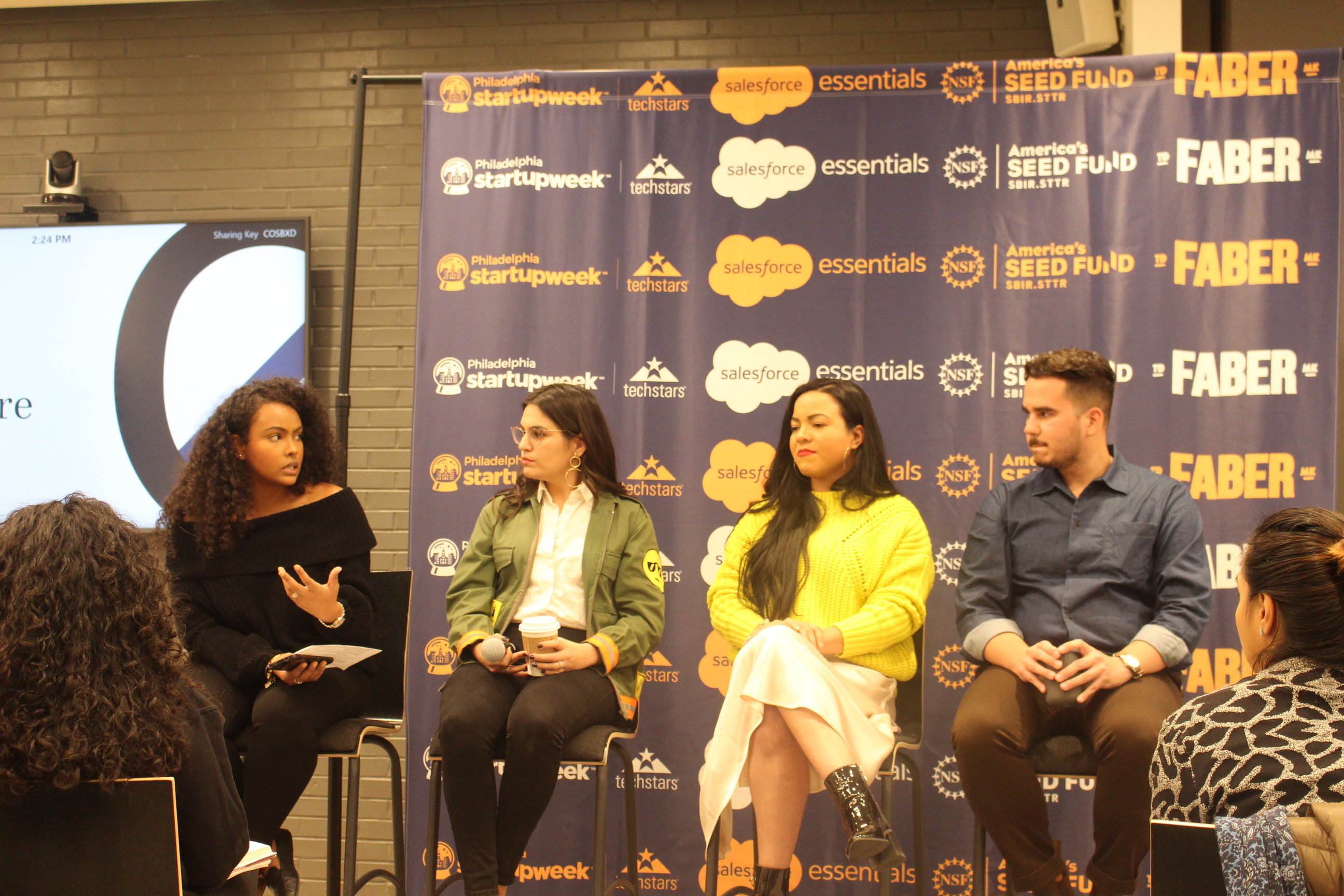
The rise of Latinx business owners
The final panel of the Techstars Startup Week Philadelphia event discussed the importance of the Latinx community in growing the U.S. economy.
The Latinx community makes up the youngest and largest racial and ethnic group in the United States.
With an estimated population of 60 million and purchasing power of $1.7 trillion, the Latinx community has the numbers to hold substantial economic influence.
However, the representation is lacking in many circles in business and start-ups, in particular.
During the final panel of the Techstars Startup Week Philadelphia 2019, Latinx business owners discussed how the Latinx community can break into spaces in which they aren’t well represented. One of the ways to do that, they said, is through entrepreneurship.
If there is one takeaway that can be grasped from the panel discussion, it’s that the path to entrepreneurship is far from linear.
For Candy Calderón, a wellness entrepreneur and certified holistic health & wellness coach, while she was employed by an engine software development company, she knew she had a passion for health, wellness and helping her community.
That passion heightened when her mother was diagnosed with cancer. However, she knew it would be problematic to simply jump right into entrepreneurship without a plan in place.
“What I did was, I gave myself two years to make the transition to build my business to a point where I was at least making the same amount of money that I was making as an employee,” said Calderón.
“It’s been eight years since the moment I transitioned [to entrepreneurship] and I never looked back,” she added.
Carolina Castro, communications & brand strategist and Lean In Leader, started her entrepreneurial journey roughly a year ago. With a background in the nonprofit sector, the path to entrepreneurship wasn’t planned.
However, after feeling like she wasn’t getting an opportunity to have the level of impact she desired to make, she participated in a Startup Weekend. A startup weekend is an experiential weekend of learning about entrepreneurship, in which teams form to work on a business idea together, fine-tune the idea with feedback from experienced entrepreneurs and industry experts, and later pitch their idea to a panel of judges.
That experience provided the fuel for her to enter into that world of entrepreneurship.
"It was a super life-changing weekend," she said. "I had a rush of ideas and a new way of thinking, and since that weekend, I've sort of been on the entrepreneurial journey."
“As a first gen [first generation college student], I was told that the only way to success was through school,” she later said.
With that idea engrained on her mindset, she finished her undergrad and later earned a master’s because that’s how other people interpreted success to her. However, she came to the realization that institutional education wasn’t the real key to her success — she, in fact, was.
She’s spent the past year figuring out exactly what that will look like, through an entrepreneurial lens.
Jonathan Diaz, a business strategist, uses his entrepreneurship to attempt to close gaps, and help others through capacity building and capital sharing.
RELATED CONTENT
“Sometimes, I see myself as an entrepreneur for entrepreneurs,” he said.
“For me, it’s about closing the gap and creating a seat at the table and building bridges amongst communities that I’ve been able to access and have had the privilege to navigate,” he added.
Despite the three panelists’ ventures into entrepreneurship, there are some hurdles that have made entering that space difficult.
Laiza Montañez, social media production & engagement manager at Visit Philly and moderator of the panel, said she makes sure to build connections with diverse individuals in every circle she enters.
“I’ve been intentional about career decisions to be in diverse spaces,” she said.
Given the emphasis on health and wellness, Calderon found that much of the health and wellness industry doesn’t have women of color in mind. While she makes herself welcome in any space, she understands that isn’t the case for many women of color.
That’s why she created the Glow Wellness Tour, a wellness event for women of color that provides resources and tools towards everything that emcompasses health and wellness.
“I understood the power of my position, she said. “Being an entrepreneur in the wellness space, I created a table for other women of color to feel safe when it comes to their health and their wellness.”
With the amount of purchasing power and influence that exists for Latinos, one of the best ways for businesses to tap into that is by having more representation in these various industries, and helping increase access to important resources.
“There is no American prosperity or economic prosperity without empowering black and brown entrepreneurs, and allowing them to scale their businesses,” said Diaz.
As a piece of advice, the panelists agreed that being unafraid to fail, a high level of resilience and being intentional with each action are key to succeeding in the entrepreneurial world.



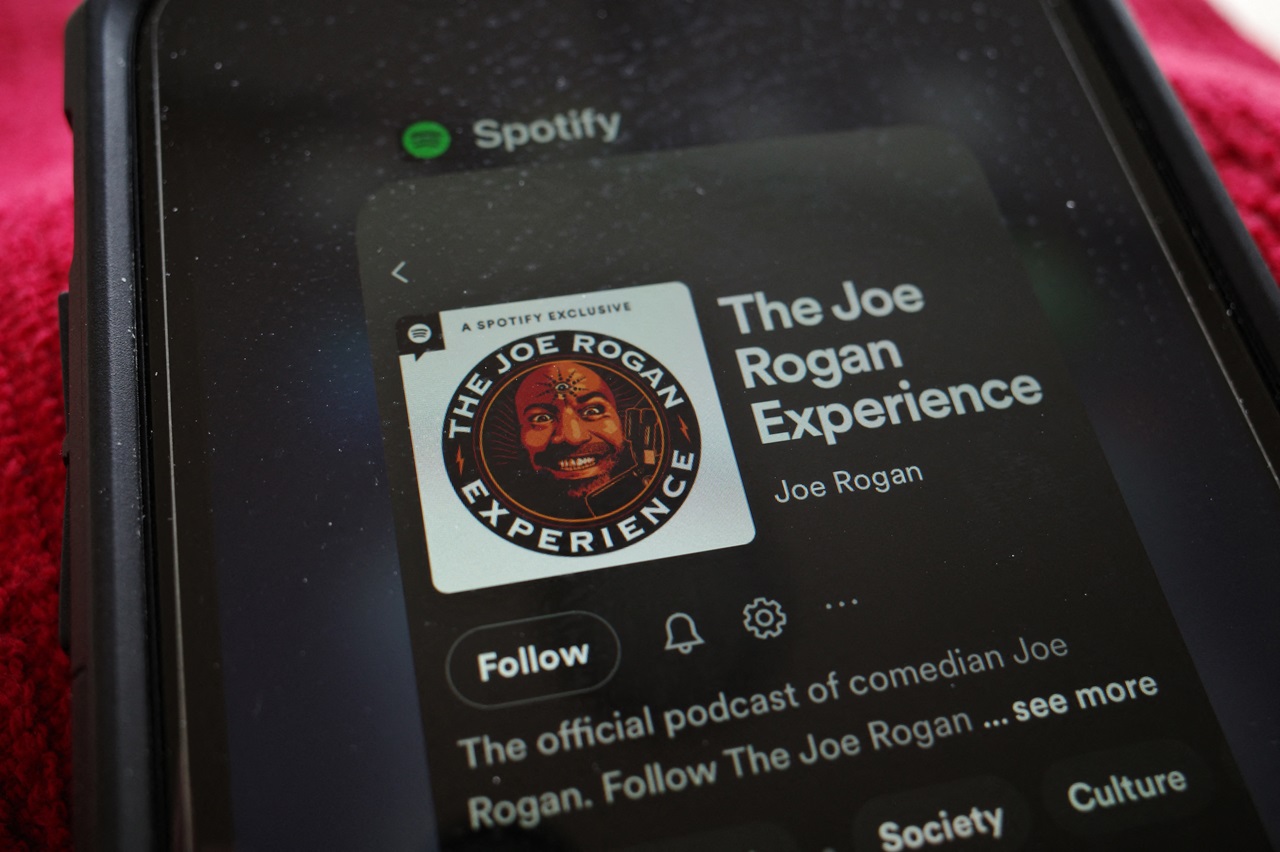
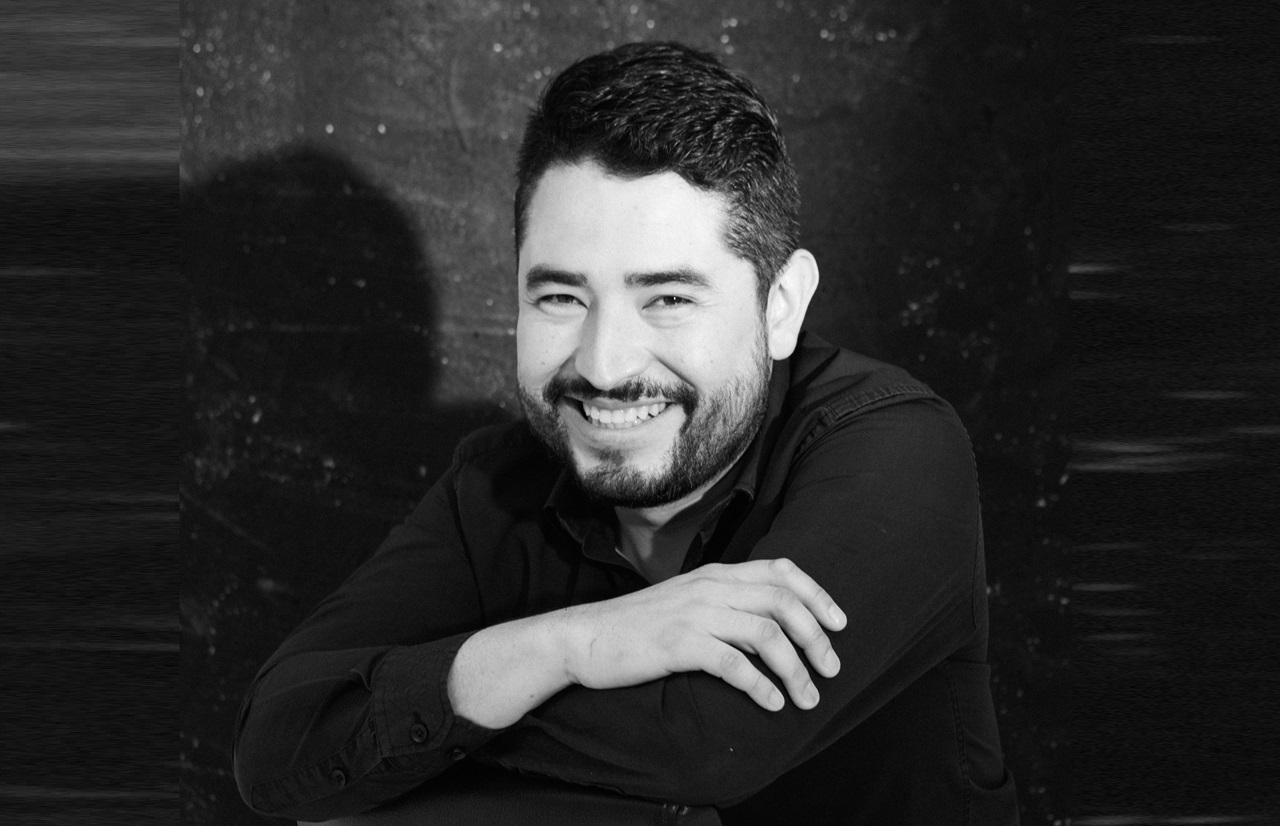
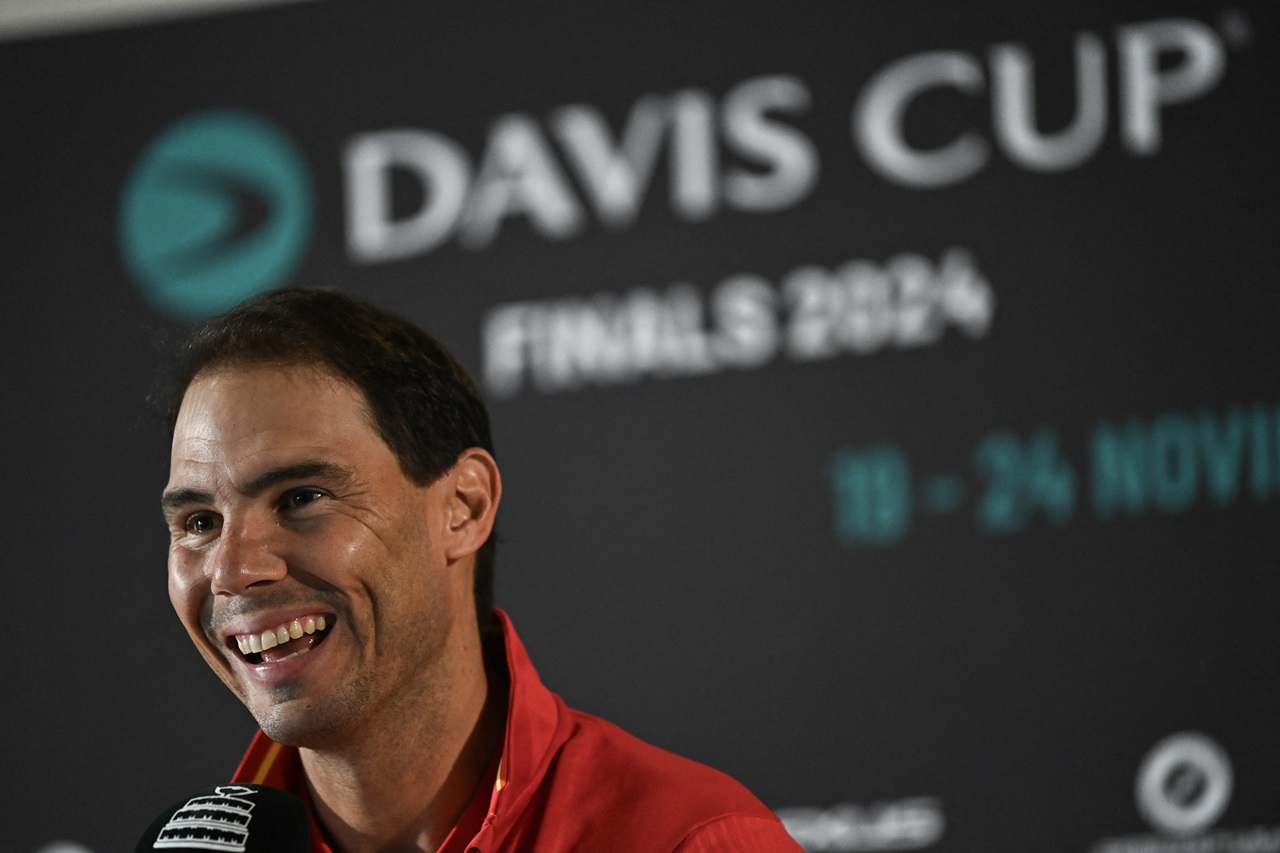
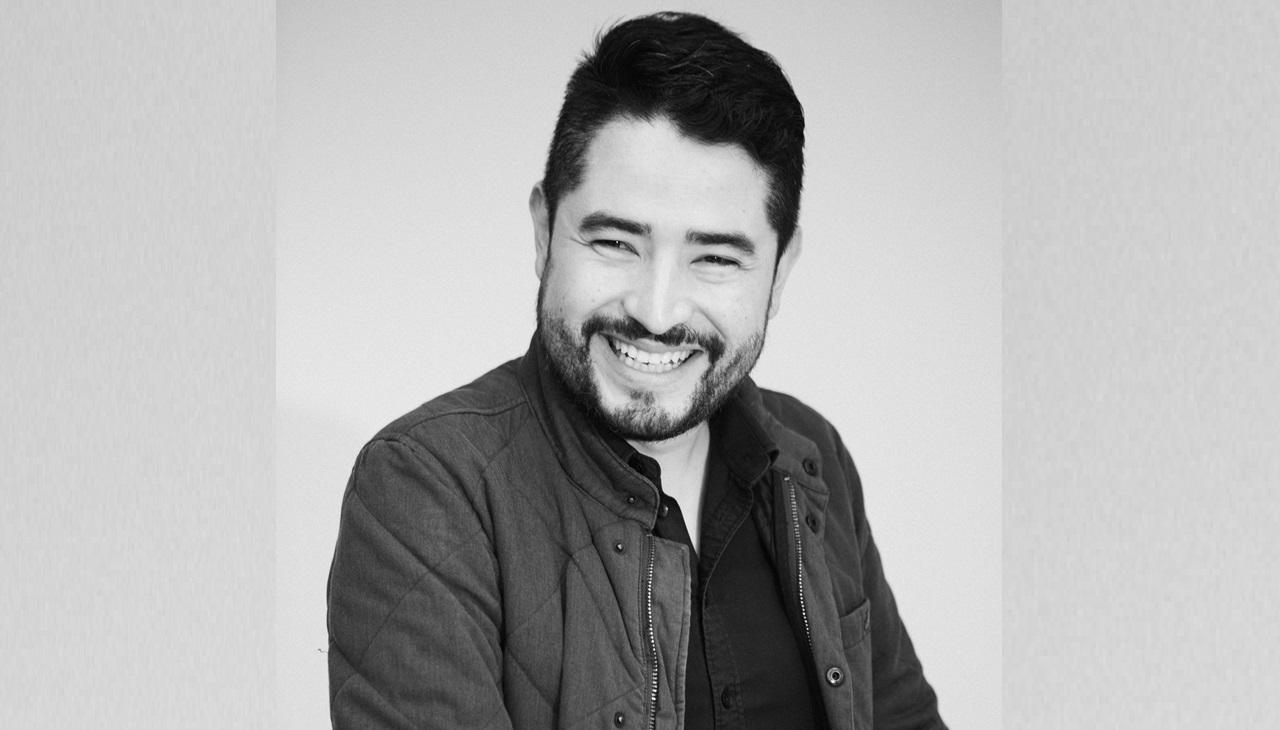
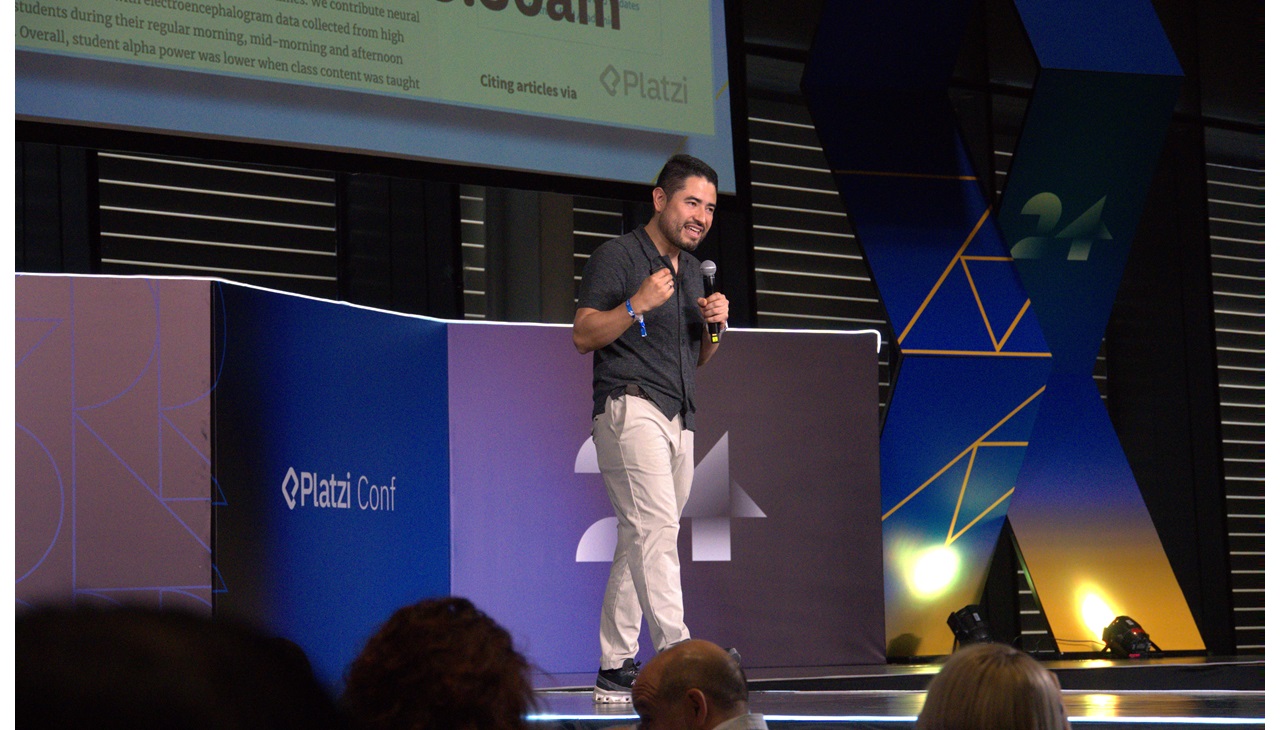



LEAVE A COMMENT:
Join the discussion! Leave a comment.